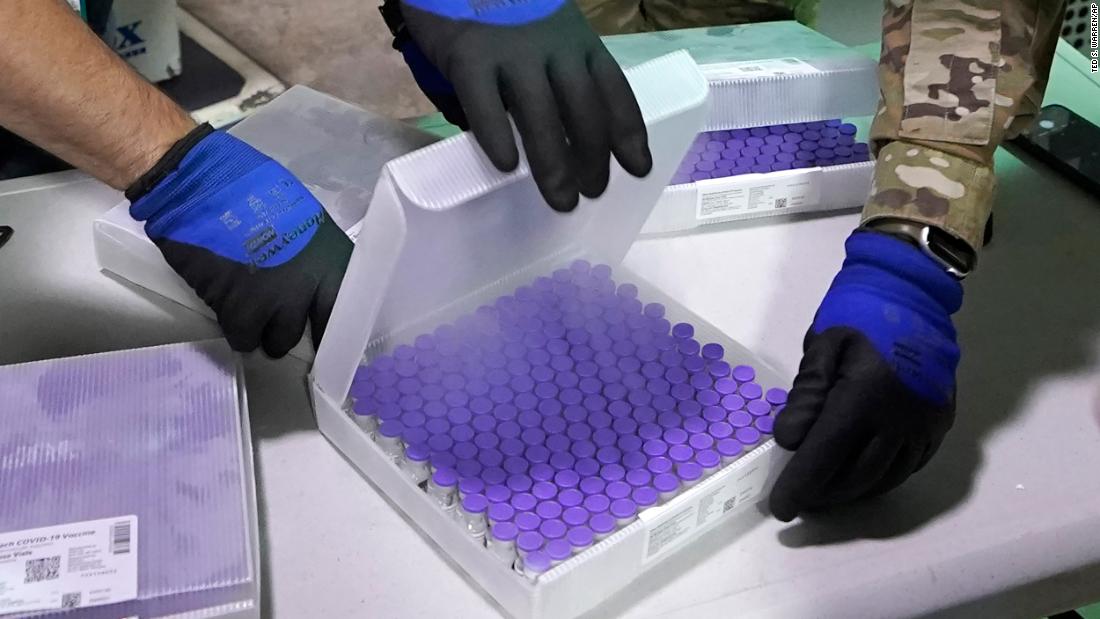
Several government organizations have warned against scammers promising access to the vaccine in exchange for sensitive personal information, as well as about companies selling fake treatments that promise to cure or prevent Covid-19.
“The FBI has received complaints from scammers using public interest in COVID-19 vaccines to obtain personally identifiable information and money through various schemes,” the FBI wrote in a statement to CNN.
The office told CNN it plans to stay alert as “scammers continue to exploit the COVID-19 pandemic for personal gain.”
What can people do to stay safe?
Where there is interest and uncertainty, there are likely to be scams. The pandemic is a perfect example.
“It’s definitely not surprising,” BBB national spokeswoman Katherine Hutt told CNN. “In fact, a couple of weeks ago, as soon as it looked like the vaccine was coming out, we started warning people about these scams.”
“Because we know that not everyone will be able to get it right away, there’s also this problem of scarcity,” Hutt said. “[Scammers] will try to make you a decision right away, they will tell you that if you don’t act today you will miss the opportunity. You will be asked to make a decision before you have time to think about it. ”
Pandemic scams are nothing new
While news of a vaccine will inevitably lead to new scams, the disastrous pandemic-related schemes have already been a problem.
Scammers often pay attention to anything that can be reported, Hutt points out.
“We know scammers are great for paying attention to news or pop culture to everything people talk about,” he says. “With the Affordable Care Act, we saw a lot of scams related to this: people asking for information, or claiming that if they didn’t give that information now, they would lose their insurance. [Scams] they are very current, depending on what happens in the world. ”
Ultimately, the best way to inoculate against these predatory schemes is to stay informed.